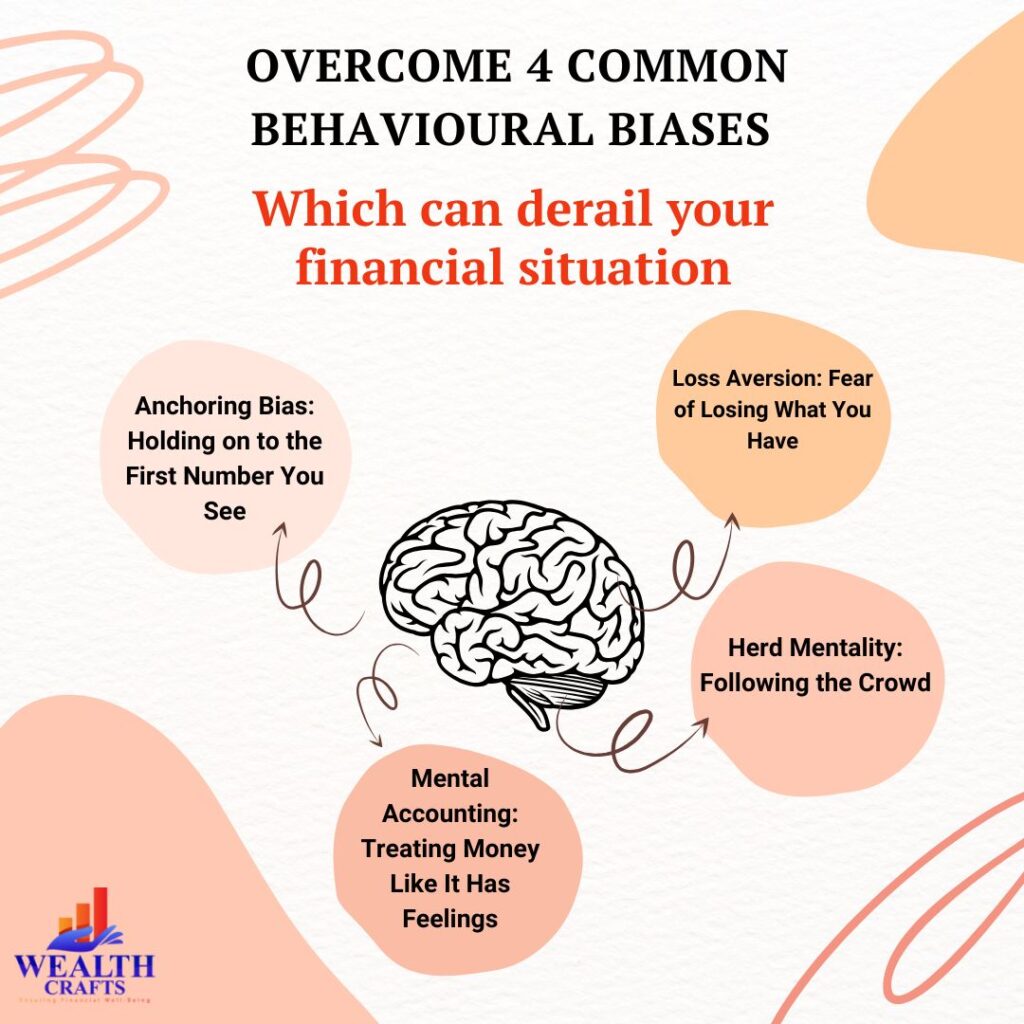Before choosing between Hatchback Vs SUV, first let us understand whether you should really buy a car or can manage with hiring/ renting a cab. Buying a car in India is a significant milestone. It brings freedom, convenience, and a new joy to daily commutes. But before you zoom off into the sunset, it’s crucial to consider the financial aspects. A car is a depreciating asset, proper planning ensures a smooth ride without straining your wallet.
But with a growing car population and ever-increasing traffic, the question arises:
Should you buy a car or rely on hiring a cab or rentals?
Let’s explore both sides of the coin:
Owning a Car in Metro Cities: Freedom with a Price Tag
- Convenience: A car offers unmatched freedom to explore the city on your own terms whether it can be a Weekend getaway, late-night party, or unplanned long drive.
- Flexibility: No more waiting for cabs or buses. A car allows you to travel at your own pace and make spontaneous pitstops.
- Family & Friends: Need to transport your family or a group of friends? A car offers a comfortable and convenient option, especially with luggage or bulky items.
But wait, there’s more to the story when you own a car:
- Financial Burden: Buying a car is a significant financial commitment. From the initial purchase price to ongoing expenses like fuel, insurance, maintenance, and parking, car ownership can strain your budget. Remember, notorious traffic jams in metro cities can significantly impact fuel efficiency.
- Depreciation: The moment you drive a car off the lot, it starts losing value. This depreciation can be a major financial consideration, especially if you plan to sell your car in the near future.
- Traffic Woes: In Metro Cities traffic congestion is legendary. Spending hours stuck in bumper-to-bumper traffic can negate the convenience factor of owning a car. Consider the impact on your time and mental well-being.
Renting or Hiring Cabs: A Flexible Alternative
- Cost-Effective: For low-mileage drivers, renting a car can be a more economical option. You only pay for what you use, eliminating the burden of car maintenance and depreciation.
- Reduces Stress: No more battling with traffic or searching for parking. Let someone else handle the driving while you relax and enjoy the ride.
- Variety of Options: From budget-friendly cabs to spacious rentals for outstation trips, there’s a service available to suit your needs and budget.
However, renting also has limitations:
- Limited Freedom: You rely on the availability of cabs or rentals, which might not always be convenient, especially during peak hours or in remote locations.
- Long-Term Costs: Frequent cab rides can add up over time. Consider the cost per kilometer and compare it to your estimated running costs for car ownership.
- Unpredictability: Surge pricing during peak hours can significantly increase your cab fare, adding an element of uncertainty to your budget.
There’s no one-size-fits-all answer. Consider these factors to make an informed decision:
- Driving Frequency: If you’re a frequent driver with a large family or need a car for work, then owning a car might be more convenient despite the financial commitment.
- Budget: If you’re on a tight budget or drive infrequently, renting or using cabs might be a more economical option.
- Lifestyle: Do you value flexibility and spontaneous travel? Owning a car might be ideal. If you prefer convenience and avoiding maintenance worries, renting might be the way to go.
Ultimately, the choice between buying a car and renting/hiring a cab depends on your individual needs and priorities. By carefully considering these financial aspects, you can make an informed decision about buying a car in India. Remember, a car is a depreciating asset, but it should complement your financial goals, not hinder them. Plan, compare, and prioritize responsible car ownership for a smooth and joyful ride on the road ahead!
Should you buy a Car in your 20s?
Once you decide to buy a Car the next question to answer is when to buy a car, buying a car at 25 might seem like a dream come true, but it can significantly impact your long-term financial health, especially your retirement savings. Here’s why delaying car ownership for a few years could be a smart move:
The Power of Early Savings:
- Compound Interest Magic: The earlier you start saving, the more time your money has to grow through compound interest. Even a small amount saved at 25 can snowball into a much larger sum by the time you retire, thanks to compounding. Delaying a car purchase frees up more income to channel into retirement savings, accelerating your wealth accumulation.
Beyond the Sticker Price:
- Hidden Costs: A car isn’t just about the purchase price. Consider ongoing expenses like loan repayments, insurance, fuel, maintenance, and parking. These costs significantly impact your monthly budget and limit your ability to save for retirement.
Exploring Alternatives:
- Public Transportation: Many Indian cities offer robust and affordable bus and metro rail networks. Utilize these systems to manage your daily commute and save on car ownership costs.
- Hiring/ Renting a cab: For occasional travel needs, use apps like Ola and Uber offer flexibility without the burden of car maintenance and associated expenses.
Long-Term Benefits:
- Financial Security: Prioritizing retirement savings now ensures a more secure financial future. Having a substantial retirement corpus allows you to maintain your desired lifestyle during your golden years, free from financial worries.
A car might offer immediate convenience, but delaying its purchase allows you to focus on building a healthy retirement corpus. Prioritize your long-term financial well-being and enjoy the freedom and security that comes with a comfortable retirement. Remember, this approach isn’t one-size-fits-all. If your career demands a car for work, or public transportation isn’t readily available, the benefits of ownership might outweigh the temporary delay in retirement savings.
How does the Choice of your car Impact your long-term financial goals? – Hatchback Vs SUV

Let us take an example of Hatchback Vs SUV, Tata Nexon – SUV, and Tata Altroz – a Premium Hatchback for comparison. Tata Nexon is everywhere, and the desire to own one is understandable. They offer a sense of power, adventure, and maybe even a status symbol. But before you jump on the SUV, consider how your car selection can impact your long-term financial picture. Here’s why a smaller car might be a smarter first (or even forever) choice:
The Big-Ticket Difference: Hatchback Vs SUV
- Purchase Price: Tata Nexon generally come with a higher price tag compared to Tata Altroz. This initial investment can significantly impact your budget.
Beyond the Showroom:
- Fuel Efficiency: SUVs tend to be less fuel-efficient than hatchbacks. As fuel prices continue to fluctuate, this translates to more money spent at the pump over time.
- Maintenance Costs: SUVs often have higher maintenance costs due to their larger size and more complex engines.
Premium Hatchbacks offer several financial advantages:
- Budget-Friendly: Hatchbacks are generally more affordable to purchase and maintain. This frees up money for other financial goals, like saving for a house or retirement.
- Fuel Efficient: Hatchbacks typically have better fuel economy, saving you money on gas in the long run.
- City-Friendly: Their smaller size makes them easier to drive in crowded city streets and navigate tight parking spaces.
Hatchback Vs SUV – Tata Altroz Vs Tata Nexon;
| Car | Tata Altroz | Tata Nexon |
| Car Model | Premium hatchback | SUV |
| Car Value | ₹ 10,00,000 | ₹ 15,00,000 |
| Down-payment | ₹ 3,00,000 | ₹ 3,00,000 |
| Loan | ₹ 7,00,000 | ₹ 12,00,000 |
| Tenure (In years) | 5 | 5 |
| EMI (Per month) | ₹ 14,531 | ₹ 24,910 |
| Difference in EMI that can be invested | ₹ 10,379 | |
| Future Value ₹ 10,379 invested pm after 5 years @10% p.a | ₹ 8,00,979 | |
| Future Value of ₹ 8,00,979 invested after 35 years @10% p.a | ₹ 1,39,76,608 | |
The best car for you depends on your lifestyle and needs. But for many first-time car buyers, a hatchback offers a winning combination of affordability, fuel efficiency, and practicality. By choosing a car that aligns with your financial goals, you’re not just saving money today, you’re building a stronger financial foundation for the future.
Consider how much you can realistically afford to spend on a car and its ongoing expenses. SUVs might be trendy, but they’re not always the most financially responsible choice. Don’t get swept away by the hype. Consider a hatchback and see how much you can save over time. That extra money can be used to achieve your long-term financial goals and put you on the road to a secure future. Consult a financial advisor to create a personalized plan considering your income, risk tolerance, and long-term goals.



